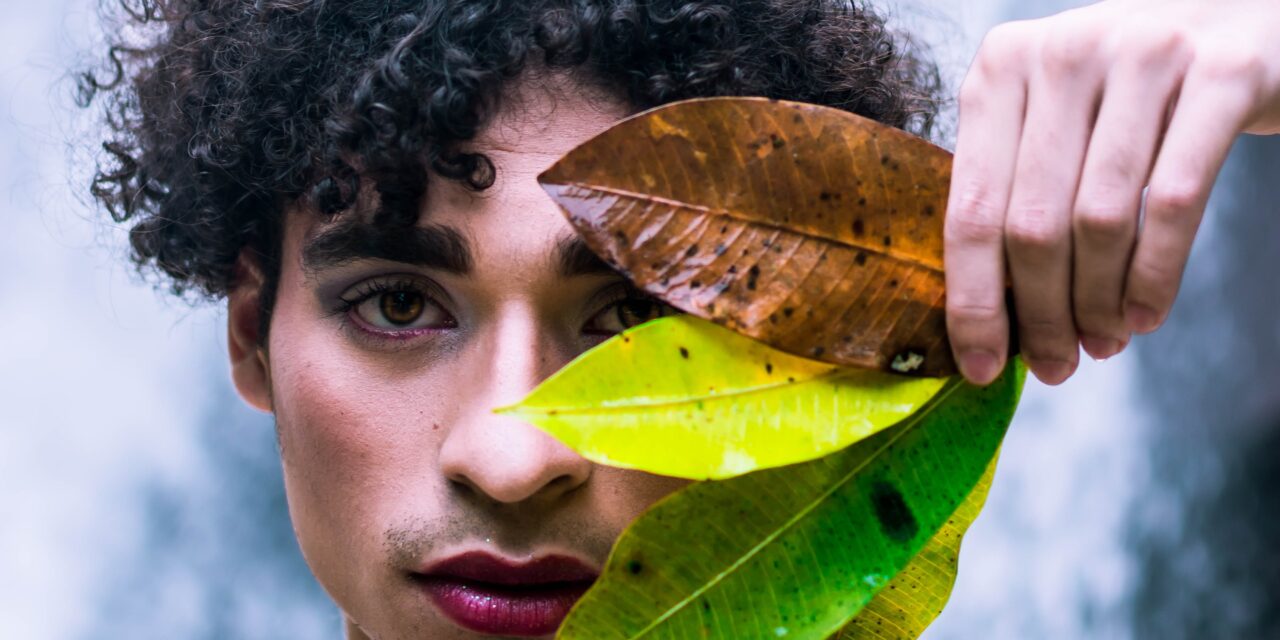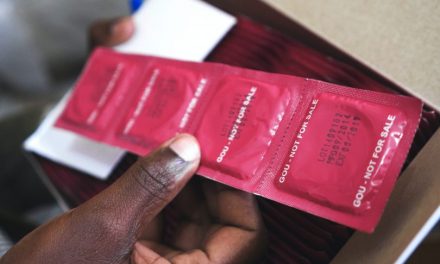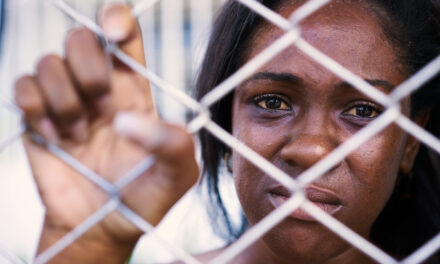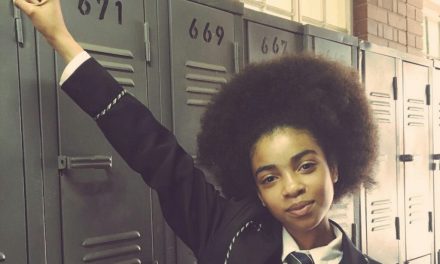We talked to two trans women in Kenya and asked them things that they have been asked before that they found offensive, triggering or annoying. Here are some of the things they said that you should not ask trans women:
B-doll (She/Her):
- What is your real name?
The question refers to the name we are given at birth, and which for most of us is a dead name that we no longer use.
I feel that this question negates my experience as B-doll. It seeks to ascertain that I am a trans person and that I was born ‘male’ (and sort of intends to still consider me as ‘male’). I stop being a human being in the eyes of the person asking and become a ‘Before’ and ‘After’ kind of narrative.
2. Can you have kids?
This question is okay coming from a health provider who is offering me services such as an endocrinologist asking if I have plans to get children before prescribing hormone replacement therapy for me.
It however irks me if it is from random people that I know.
The problem with this question is that it comes from a place of pity. There is an assumption that transgender people cannot have children.
Kids are also seen as an achievement and it puts pressure on me as a trans woman to prove my womanhood.
People should realize that questions around having children are very personal for everyone. We are all at different stages in our lives and having children should not be a box that we all have to tick.
3. Do your parents know that you are transgender?
So what if they know? So what if they do not know? I am an individual with my own life.
4. Questions around transitioning
Have you had (Gender Affirming) surgery? How much does it cost? Are you on hormones (Hormone Replacement Therapy)? How long have you been on them? Do you get periods? Are you able to perform sexually since you are on hormones?
Such questions are annoying and offensive especially when they come from people who are ignorant about transgender issues. If you want to learn something, google and read it then you can come to engage me from a more informed point.
5. Questions around dating
There is an expectation for trans women to only date cisgender heterosexual men. However, as a person, I can be attracted to women, or nonbinary folks or trans men. Getting attracted to other people leads to people questioning my womanhood.
Also, when I am going on a date with a cisgender heterosexual man I get asked if he knows that I am trans. When I respond in the affirmative, people start saying that the man is accepting and nice and such like stuff. This kind of reaction perpetuates the narrative that trans people are less and not deserving of love or partnerships, such that anyone who loves us while knowing we are trans ‘deserves a medal’.
6. How do you have sex?
Do you get an orgasm when you have sex? Do you get wet since you are on hormones? Do you use your genitals for sex?
I have been on dates with men who asked me on the date how we were going to have sex. There is this man that I used to have sex with and he would be so uncomfortable after sex. He would ask me, “Are you going to have surgery?” He would say, “I cannot wait for you to have it, I cannot imagine how the sex will feel like once you do.”
Such questions about sex reduce us to our genitals. It stems from discrimination and being treated as not human.
Arya (She/Her):
- Is being transgender a way of discovering that you are a gay man?
Most people still do not understand the difference between a transgender person and a gay person. When I got asked this question, I tried to explain the difference between the two and even gave them an account of my personal story. However, it hit me later how insensitive the question was.
I was disappointed because the person who asked me this question is a donor who works with LGBTI organizations. At the very least, I expected that they would know the populations that they work with.
Now I no longer engage such questions. People should do their own research on Google.
2. Have you done all the surgeries?
This question often comes from a point of trying to invalidate one’s identity. While I appreciate their understanding that I might need medical interventions as a trans woman, it also leaves a bad taste.
The question implies that if I have not done the surgeries, then I am not valid and I always find myself having to argue for my validity. If you answer that you have not done the surgeries, then they still see you as the gender you were assigned at birth and even misgender you.
Regardless of how one answers the question, it is very triggering.
There is also an assumption that surgeries are done by transgender people to affirm their gender identities is similar to cosmetic surgery done by cisgender people. While the procedures might seem the same, it is more than cosmetic surgery for us.
3. Questioning the realness of our identities
One day I was fastening my bra and this cisgender woman commented, “I see that you have learnt some of our tricks.” While it sounds subtle, it implied that fastening bras was a preserve of cisgender women and that as a trans woman I would not really know how to.
From the comment, I felt like the person did not see my gender as authentic. To them, I look like a ‘fake cisgender woman’ instead of my identity which is a valid transgender woman.
Questioning of our ‘realness’ and validity as transgender women often come in subtle forms and one might not notice it instantly.
4. Making Jokes Out of our pronouns
Someone asked me what my pronouns are and I told them. Afterwards, I asked them theirs because I do not like assuming people’s pronouns. They made up funny things about it like saying their pronoun is ‘it’. It looks like a joke to them. It is not funny at all to make such kind of jokes about pronouns.
5. When did you start changing from a man to a woman?
I try to explain to people that being transgender is a journey and there is no clear start or end.
The question also implies that we are trying to become cisgender women. It also buys into the trans narrative that if you did not know you were trans early enough then you are not really valid as a trans person.
6. Is this a man or a woman?
This question is usually asked by a third party (loudly enough for us to hear) in a bid to provoke us to engage. I have heard this question when I am using a matatu (Public Service Vehicles in Kenya) or at an M-PESA shop (M-PESA is a mobile money transfer).
I do not engage in such questions and I often ignore them since I realized that engaging can result in a mess and things can escalate pretty fast.
While some people do not understand transgender identities, asking certain questions can be annoying and triggering to the person. Questions around health such as hormone replacement therapy (HRT), and surgery are personal. We do not go around asking people in the streets about their medical information because it is confidential. Extend the same to trans people. Cisgender women have been talking about how it is inappropriate to ask them when they are having children and the same applies to transgender people unless you are their partner or doctor. And please, indulge Google more.





